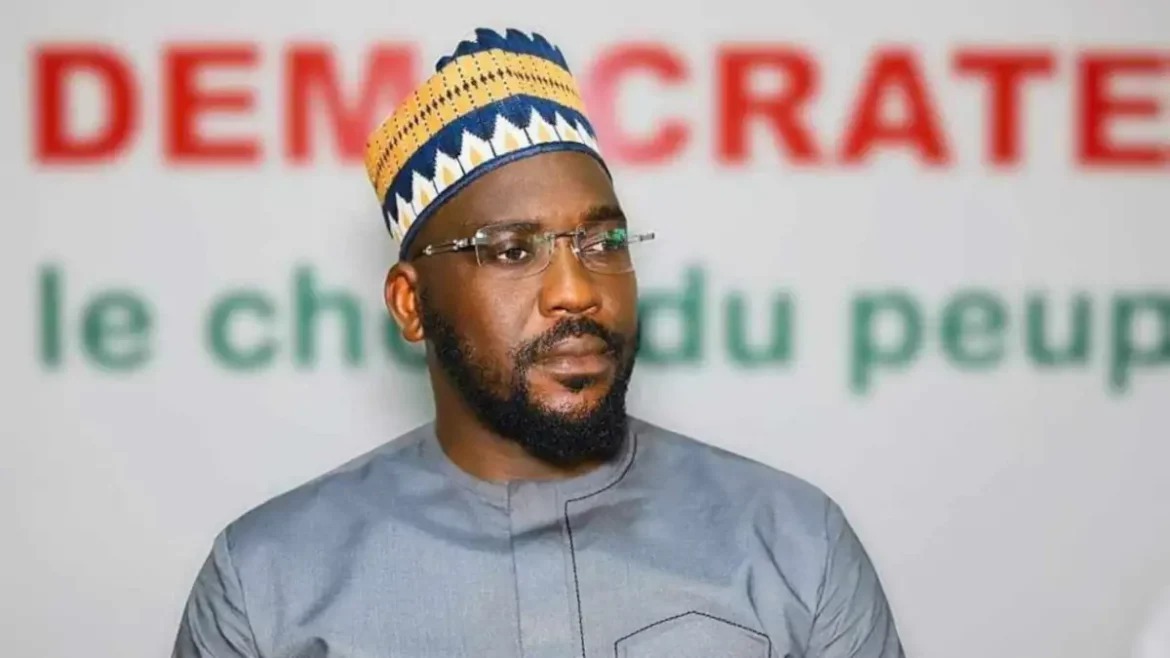
Political tensions have surged in Benin following comments by Janvier Yahouédéou, coordinator of the college of ministers-advisors to President Patrice Talon, during an appearance on Info Hebdo on August 9, 2025.
Yahouédéou claimed he had attempted in 2010 to bring former President Boni Yayi to justice, alleging that a parliamentary procedure failed due to insufficient signatures.
He stated that he had collected 49 of the 52 required signatures to initiate the process, just months ahead of the 2011 elections, and suggested that some parliamentarians, including Samou Adambi, suffered politically for their stance.
Guy Dossou Mitokpè, National Secretary of Communications for the Les Démocrates party, responded sharply via Facebook, accusing Yahouédéou of conducting “a pathological obsession” against Boni Yayi over several years.
Mitokpè argued that these attacks were not aimed at political construction but reflected “an inability to propose ideas and a vision for the country.”
He added that the accusations cited by Yahouédéou pertained to cases that had already been resolved, noting that Boni Yayi had referred several ministers to the High Court of Justice during his mandates, demonstrating a commitment to accountability.
Mitokpè did not limit his criticism to defending the former president. He also turned the spotlight on the current government, accusing it of shielding allies and ignoring its own shortcomings. He highlighted the “siphoning scandal” denounced by former Minister Akponna as a recent example of alleged mismanagement and lack of transparency.
In his statement, Mitokpè called on Yahouédéou to reflect on the example he sets for both public opinion and his children, writing: “Insults build nothing, hatred has never nourished a people. True politics consists of building rather than destroying the work of one’s predecessors.”
The exchange underscores the growing polarization in Benin’s political landscape, with former and current officials clashing publicly over past controversies and governance accountability. As the debate intensifies, observers warn that personal attacks risk overshadowing substantive discussions on policy and national development.



